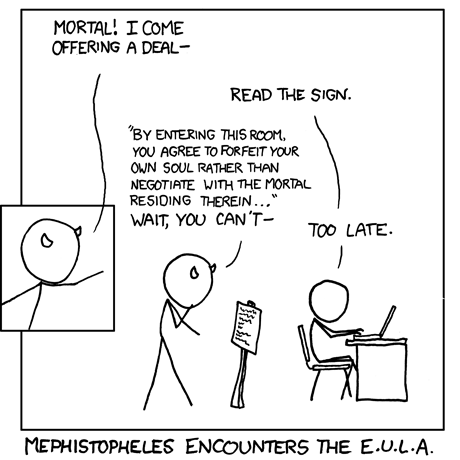Most people seem to really want to believe in the peaceful co-existance among academics. Most of these people tend not to be in academia. Within this guild there are more political manouverings, illegal moves, moral scandals, alliances formed and broken, betrayals and the occaissional sunshine story to fill a mass of juicy thriller mysteries. And still people want to believe that nothing happens within the ivory tower.
One such affair which stems from my own university is the Gillberg affair which deserves a book of its own. While most of the reporting on this has been in Sweden I was pointed to a well written summary of the affair in the British Medical Journal (BMJ). The open lines of the article are worthy of any thriller:
Over one weekend in May 2004, three researchers in the University of Gothenburg’s department of child and adolescent psychiatry shredded tens of thousands of documents, destroying all data from a 15 year longitudinal study following 60 Swedish children with severe attention deficit disorders.
What became known as the Gillberg affair began in 1996, at a community summer party on the Swedish island of Resö. Among the guests were Leif Elinder, a paediatrician recently returned to Sweden after several years spent working abroad, and Christopher Gillberg, professor of child and adolescent psychiatry at Gothenburg University.
The article Hyperactivity in children: the Gillberg affair (BMJ 2007;335:370-373, 25 August) by Jonathan Gornall is well written and shows how research politics can get down right dirty and end up in the courts.
One of the main issues was the desire of Professor Gillberg to maintain the anonymity of his data. The reason for this depends upon which camp you follow. Gillberg (and his supporters) claim that the promise of anonymity the researcher gives (and often must give in order to get access) is valid. While the opponents felt that this was a convenient way of hiding possibly bad research.
The legal system, however, paid no heed to Professor Gillberg’s dilemma. Twice in 2003 the Supreme Administrative Court rejected his applications to appeal the decisions allowing Professor Kärfve and Dr Elinder access to the data on the ground that “he lacked any interest in the case that could be acknowledged in law as entitling him to apply for a rehearing of the issue.”
Most people involved in the affair have had their reputations damaged. The group that helped Gillberg, the professor and the Vice Chancellor of the university have all lost court cases and been fined. And yet the view of the Swedish research council speaks volumes:
Professor Gillberg’s work continues. Research funds have continued to flow his way, and in November the Swedish Research Council awarded him a record sum for three years of study into autism.
Professor Gillberg’s words close the article:
“In my view,” wrote Professor Gillberg, “it is unreasonable that I am first obliged to give strict promises of confidentiality by the State in order to conduct medical research, then . . . I am ordered by the State to break hundreds of promises of confidentiality . . . then I am indicted by the State and, ultimately, am sentenced as a criminal by the State because I had not broken those promises of confidentiality that I had the State’s instruction to give.
The whole affair has been a real shocker and the article is well worth reading. There is very little peace and tranquility in the ivory tower of academia a fact that some researchers find out at their peril. Most of the stories are of course not as high profile and the number of people who simply quit their academic carreers along the way would make an interesting research topic in of itself.


